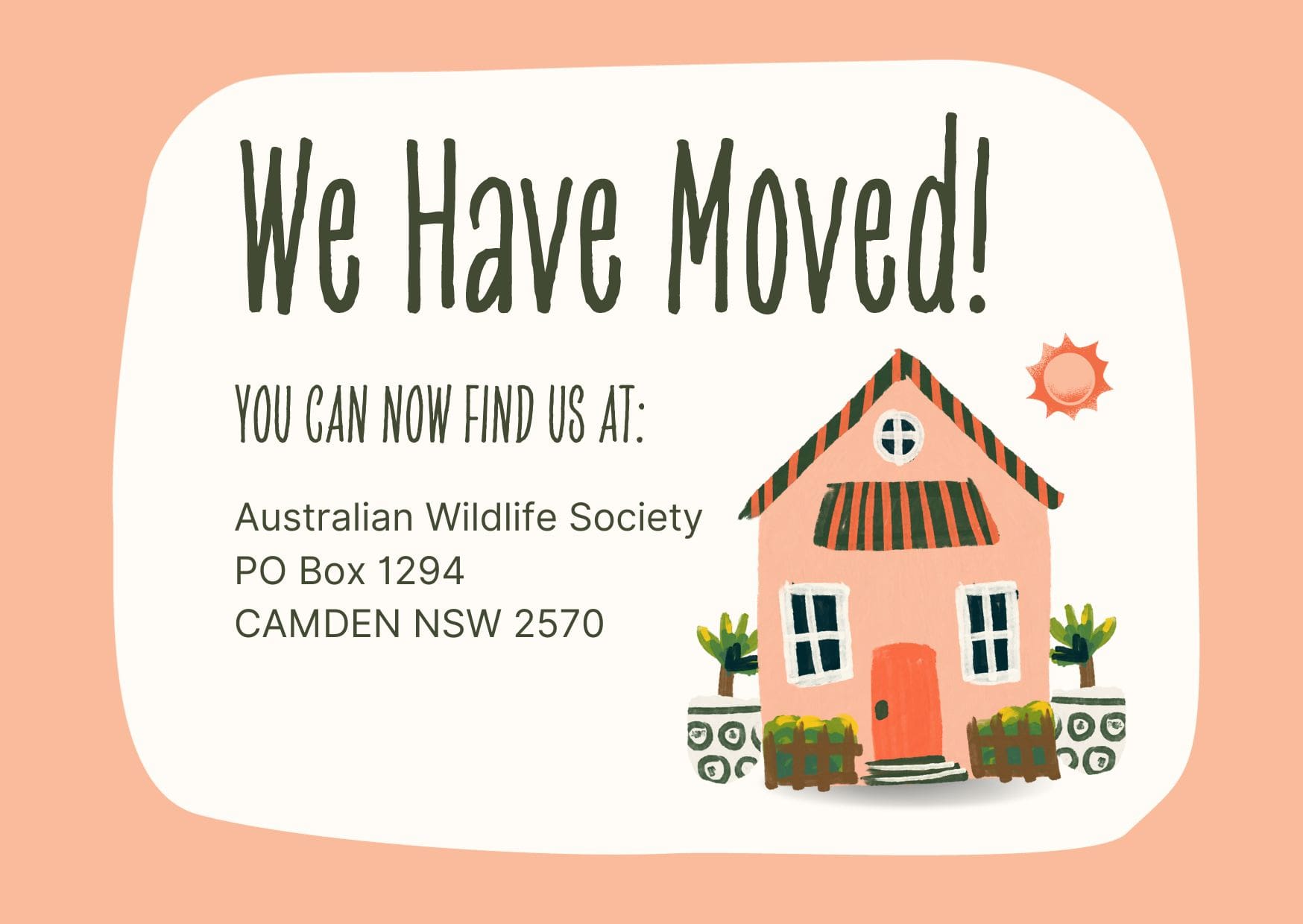WILDLIFE PRESERVATION SOCIETY OF AUSTRALIA
A SHORT HISTORY OF THE SOCIETY
Our founder, David Stead, suggested the need for such a group in 1901 in a talk to the Naturalists’ Society of NSW. The Swedish Consul-General for Australia, Count Burger Morner, organised the first discussion in the Consulate on 11 May 1909. Fifty people attended and were enrolled as the first members. Within one week the newborn Wild Life Preservation Society of Australia had swelled to one hundred members.
The Provisional Committee worked hard and in the same year, the inaugural meeting adopted a Constitution and elected the first chairman, the Hon. F E Winchcombe, head of a large firm of woolbrokers, skin and hide merchants. There were six women on the first Council of twenty-five people, and some that were later to become famous as naturalists.
Major Projects
It would be impossible to list all the work done by the Society since 1909 and only a few highlights will be given. Some small steps at the time later proved to be important, while the bigger struggles, once won, passed into conservation history.
Protection Laws
Our Society pioneered the recognition of the need for legal protection for our animals and plants. David Stead, being in charge of fisheries and fauna, was in an ideal position to influence State Ministers. He continued this work on his retirement. His third wife, Thistle Stead, later became President of the Society.
The Wild Bird Plumage Trade
WPSA has played a major part in the banning of the use of wild bird plumage, particularly for women’s hats. It became unfashionable after the Society wrote to Queen Mary (wife of King George V of England) asking for her support. She said she would not wear the plumage of any wild bird. The wife of the Governor-General, Lady Denman, was even more radical. No woman guest would be welcome at any vice-regal function if wearing such plumage. The battle took some time to win, although the trade finally disappeared.
The Koala
The protection of all marsupials was part of the Society’s early work. The saving of the koala was a long fight. Skins labelled ‘wombat’ were being exported to the United States. Stead discovered this and wrote to US President Herbert Hoover, who agreed to ban all skins, however, labelled. This was a major victory, and the koala trade, robbed of its most important market, soon ceased.
World Conservation Union
In 1928 the International Union for the Protection of Nature was founded. At the time it was only a small step. In 1947, at an international conference attended by eighteen countries, with many non-government organisations, it was decided to reform the organisation. Dr J H Westermann of Holland, one of our councillors, represented our Society at the time. The organisation is now called the World Conservation Union and is the world’s largest conservation group. The WCU not only watches for species in danger but also recommends the kinds of habitat conservation needed for this modern age. Our Society was the first non-governmental organisation to join.
World Conservation Day
We are proud to have started the world’s first Conservation Day. In 1964 one of our members convinced the WA State Government that such a day should be held, in spring, to embrace the older Bird Day which had fallen into disuse. Some years later the United States followed with Earth Day, and we then began to use their more catchy title.
Gould Leagues
The first League was formed in Victoria even before our Society was established but we helped to form leagues in other states. In the 1950s we canvassed all state groups to change their aim of protecting only bird life, to include the conservation of all wildlife, and of habitats. Today every state has its Gould League in the schools and they remain an important educational tool.
National Parks and Other Reserves
Our Society has played a leading part in the reservation of a long list of national parks, including the Morton National Park, Wilsons Promontory, and many islands along the Australian coastline.
World Heritage Areas
Our Society was important in the creation of many of these. Our President of Honour, Vincent Serventy AM, was one of the first World Heritage commissioners. The Commission encouraged state governments to agree to their lands being nominated. This nomination was vital as it gave the federal government legal power to save a region if a state government changed its mind. Lake Pedder was a classic example. Although the Whitlam Government offered an alternative solution, the Tasmanian government refused, and the old Lake Pedder was destroyed. Later, after the southwestern regions were nominated as World Heritage, the state government, which had changed its mind again, tried to destroy the Franklin, but the federal government by then had the legal means to save the river.
International
Our Society has intervened in world problems at the request of national groups. We have tried, but so far failed, to have set up a union to conserve the Indian Ocean. We will keep trying. We played a major part in the World Conservation Strategy, and the Australian as well as the State Conservation Strategies. We are working for a declaration of environmental rights to complement that on human rights, declared in 1948.
Society mourns the death of Dr Vincent Serventy AM BSc BEd DSc
Patrick W Medway AM, President of the Australian Wildlife Society, expressed the great sorrow of both Council and Members on the death of their beloved President of Honour, Dr Vincent Noel Serventy AM, on Saturday 8 September 2007. He passed away in his sleep in a nursing home at Woy Woy, aged 91 years.
"He will be sadly missed by several generations of Australians who had the pleasure of meeting him, working with him or reading his many conservation publications. He was truly regarded by many of us as the 'Father of Conservation in Australia' and his wit and wisdom will be sadly missed," Patrick Medway stated. MORE »
» REQUIRES ADOBE ACROBAT READER TO VIEW. YOU CAN DOWNLOAD FREE VERSION HERE.
Profile: Dr Vincent Serventy
Vin Serventy was President of Honour, Australian Wildlife Society, for seven years. Over the sixty years of his environmental work in Australia, and internationally, Vincent Serventy worked to realise his vision of a world whose people understand that we do not own this earth, but are trustees for its future, and that we should live in harmony within nature. MORE »
» REQUIRES ADOBE ACROBAT READER TO VIEW. YOU CAN DOWNLOAD FREE VERSION HERE.
The Next Hundred Years
By joining the Wildlife Preservation Society you can play an important role in conservation. We hope our next hundred years will be as fruitful as the last have been. Welcome to the task of creating harmony within nature, not only in Australia but over the whole earth.

